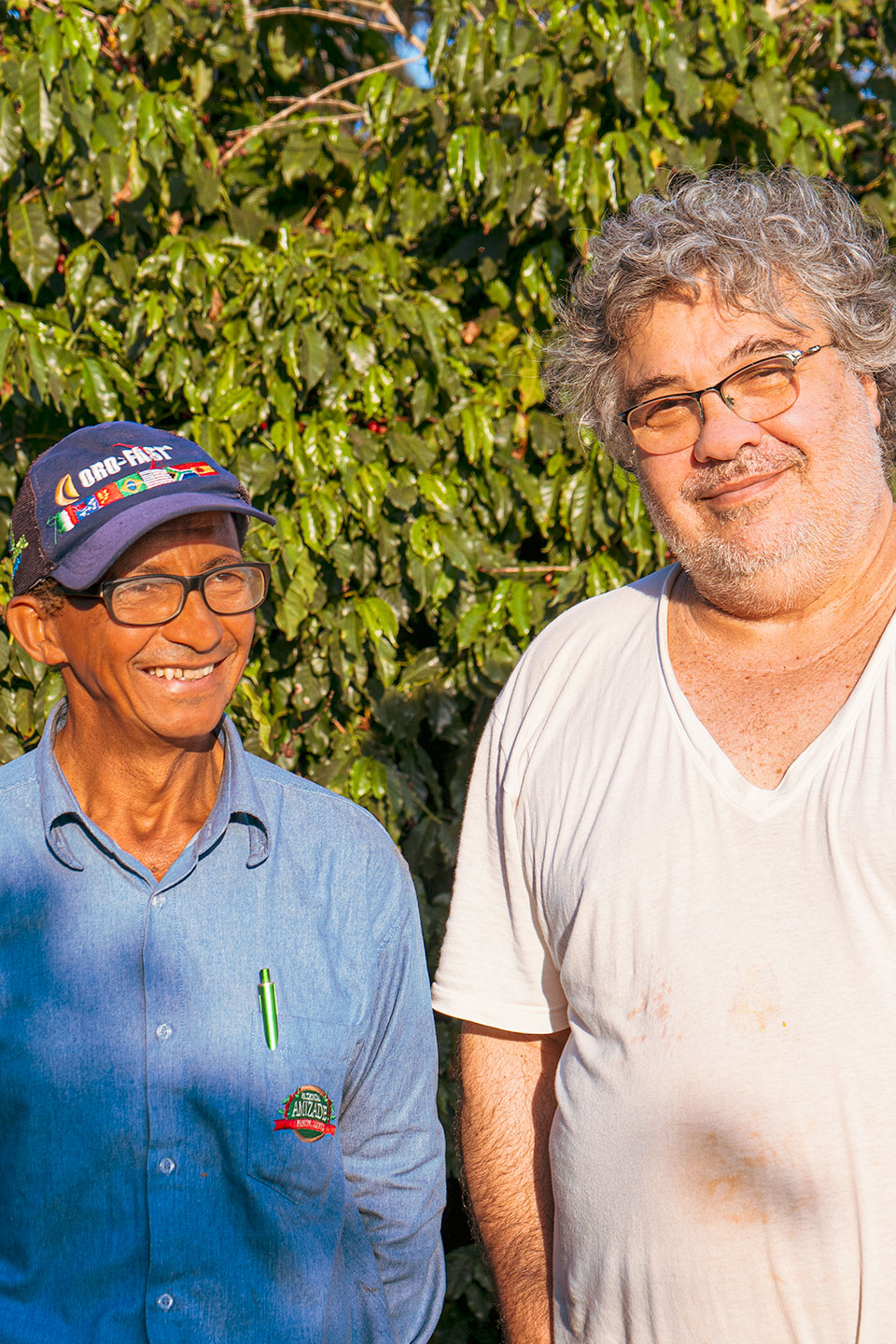
Arabica Is Still Evolving: How Superior Clones Are Shaping A Brighter Future

Fazenda Amizade is a 1,000-hectare coffee farm in Brazil that produces around 600 tons of coffee each year. Located in the renowned Cerrado Mineiro region, the farm grows varieties such as Catuaí, Acaia Cerrado, MGS Paraiso 2, Arara, and Geisha. It exports to over 20 countries through major trading companies.
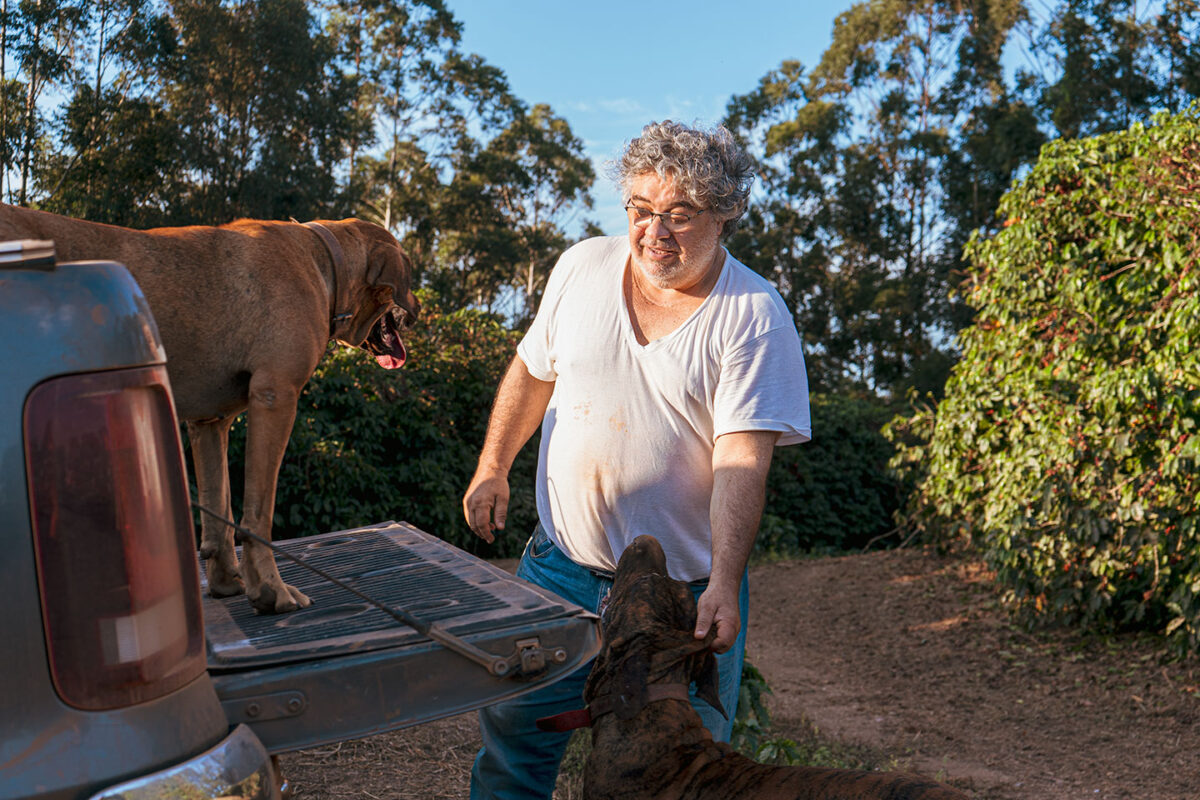
Marcelo Paterno, born into a coffee-farming family with roots dating back to 1860, co-purchased the farm in 2005 with Michael Conway from the United States. Though he studied civil engineering and worked in construction before starting a housing company in São Paulo, Marcelo ultimately returned to his coffee-growing heritage. The farm’s name – “amizade,” meaning friendship in Portuguese – reflects their partnership.
“Coffee has a long history, and our farm has nearly 150 years of tradition. That gives me confidence that people will always want coffee,” Marcelo says. “In the early 2000s, during the coffee crisis when prices crashed, many farms were up for sale. But I believed prices, and land value, would recover, so we invested. Looking back, I think we made the right call.”
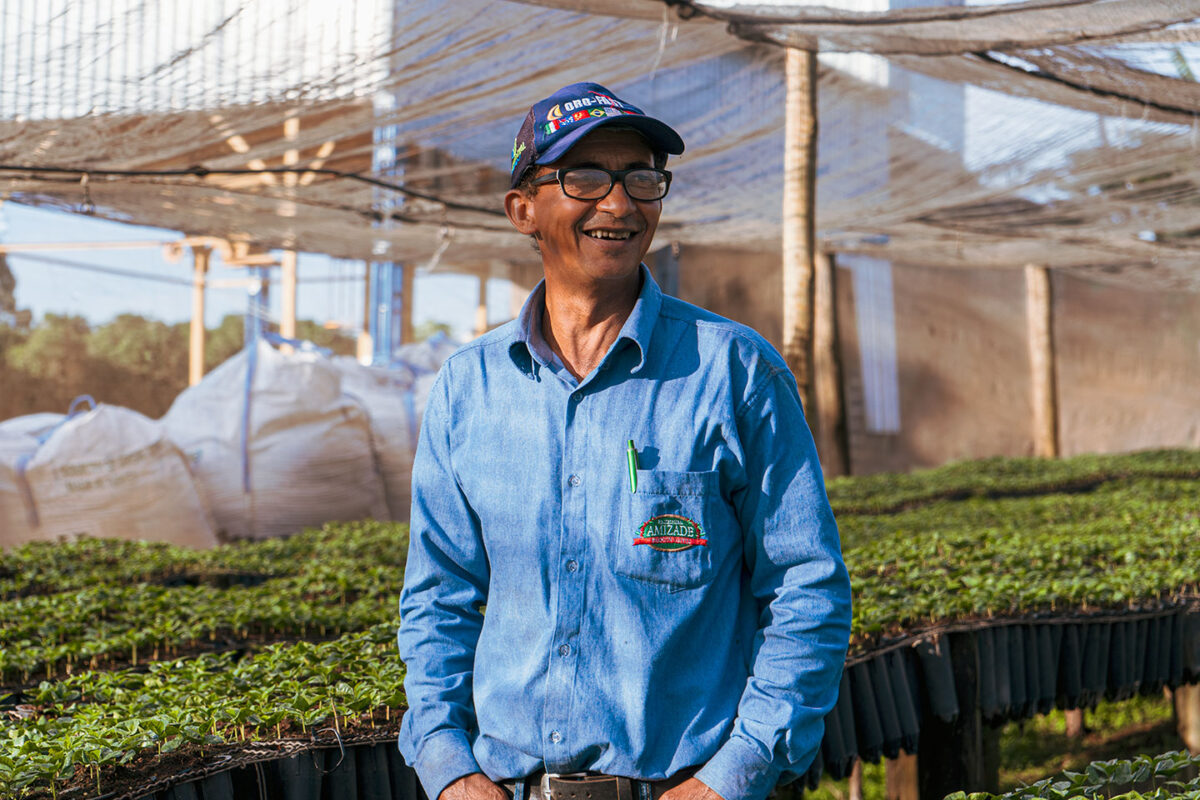
In 2010, Fazenda Amizade began researching clonal propagation of Arabica coffee as a way to improve productivity, quality, and disease resistance. Leading that effort is Alexandrino Oliveira, a lifelong coffee researcher who joined the farm after a visit during his time at EPAMIG, a Brazilian agricultural research institute.
Today, he lives on the farm, devoting himself to research year-round, including weekends and holidays. So, what is the vision he’s working toward?


The future of coffee depends on cloning
Cloning makes it possible to reproduce genetically superior plants that yield more, taste better, and resist pests and diseases. “If I were running an F1 team, I’d want to clone Ayrton Senna or Michael Schumacher, not myself!” Marcelo jokes, explaining the logic behind adopting the technology.
But Arabica is notoriously difficult to clone, especially compared to robusta. While many farms, universities, and research institutions across Brazil have developed some methods, none have been fully commercialized. Alexandrino explains:
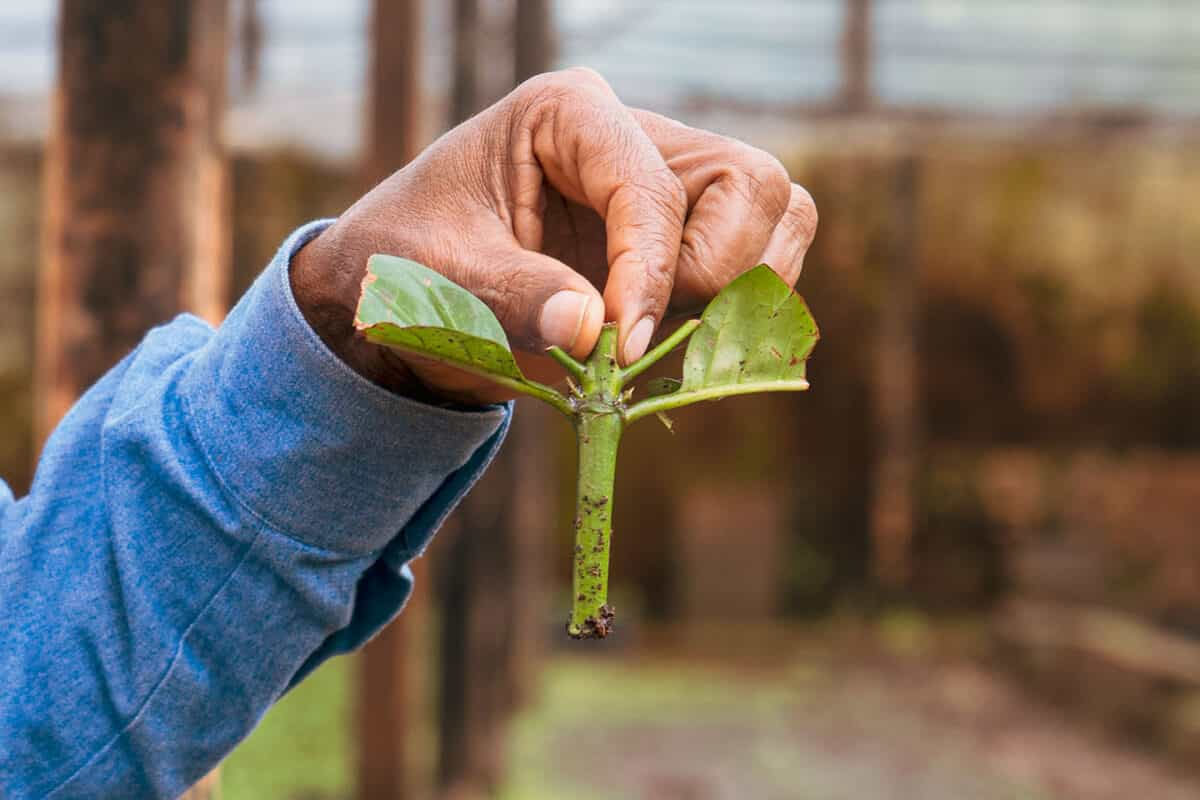
“We know the key factors – genetics, environmental conditions, field management – but we still don’t fully understand how they interact. The methodology itself is not fully established. Even if we do master the technique, we still need to identify the right parent tree. It takes years of observation and evaluation to find and propagate truly exceptional trees. It’s a process that demands extraordinary patience.”
After four harvest cycles and as many years of research at Fazenda Amizade and other farms in the Cerrado region, Alexandrino successfully cloned a high-potential mother tree from the H427 lineage, showing promise for doubling productivity.
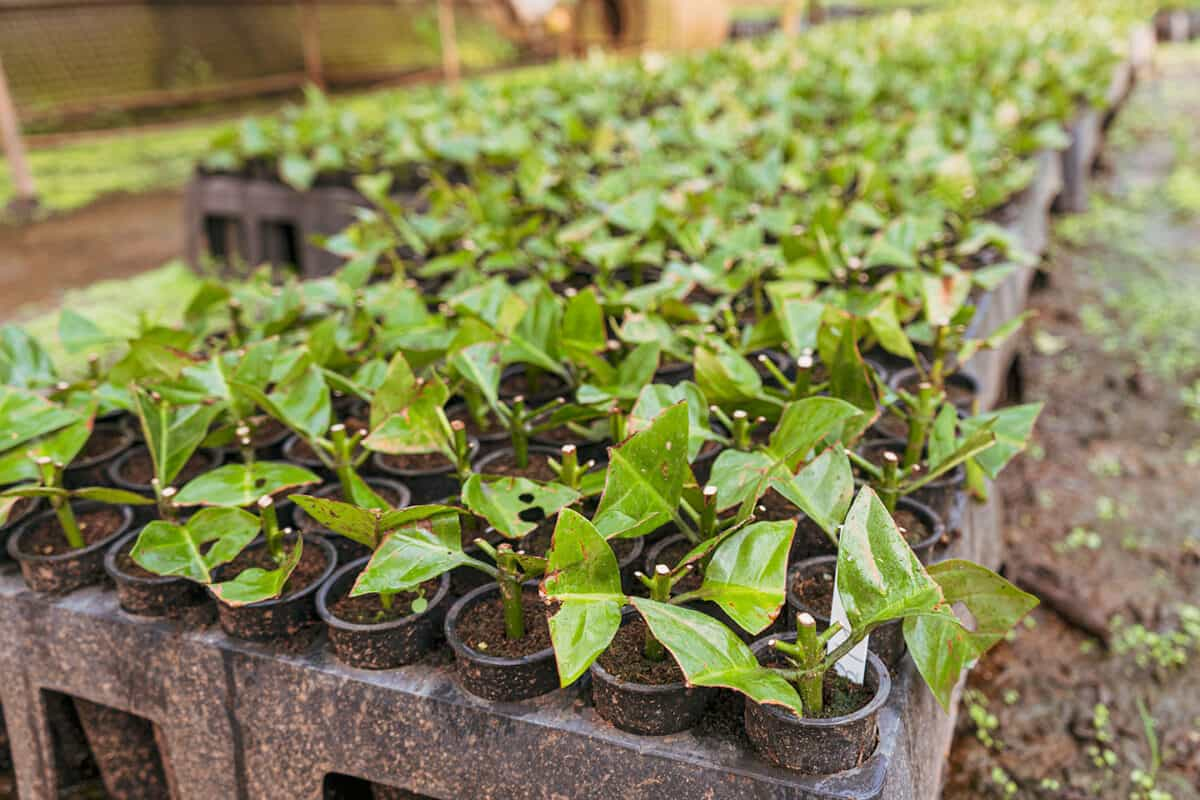
“We’re currently working with three propagation methods: grafting onto seedlings, rooting cuttings, and somatic embryogenesis. Right now, grafting is the most widely used at scale.
I’ve been studying this since university, about 30 years now, so I may have a slight edge. Brazil is the world’s largest coffee producer, yet we’re only realizing 10-15% of the crop’s potential. With the right approach, we could produce six to ten times more than we do today.
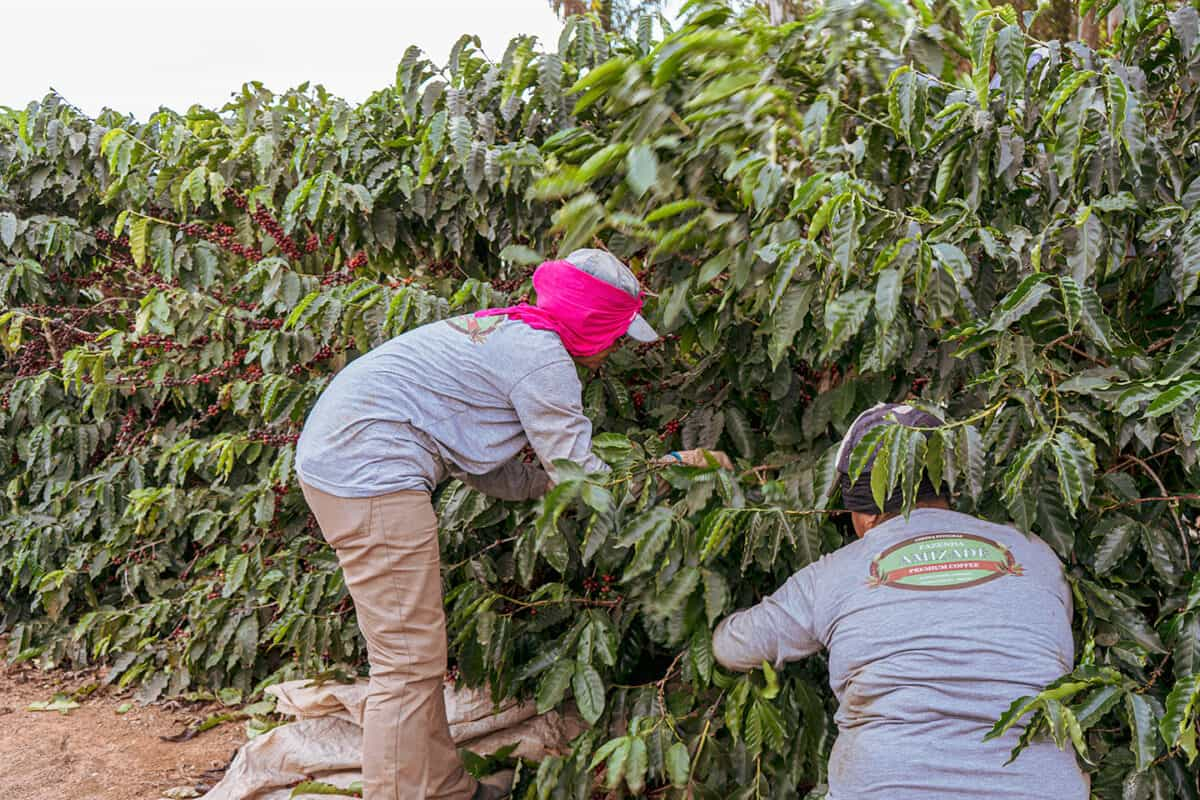
Coffee supports countless families in Brazil and creates many jobs, yet farmers have long struggled to earn a fair income. If growers aren’t fairly compensated, they’ll lose motivation and switch to other crops, and that affects the entire supply chain.
Clonal propagation is the key to changing that. If we can commercialize the technology to improve productivity, cup quality, and resilience, we can raise farmers’ living standards and enhance Brazil’s competitiveness within the coffee industry. Right now, I believe the future of coffee cultivation rests on clones. To be honest, I don’t think there’s any other path to ensuring the long-term sustainability of coffee production in Brazil.
That’s not just my opinion. Many publications from past experts have said the same. I’m just taking their recommendations and working to realize them on a larger scale.”

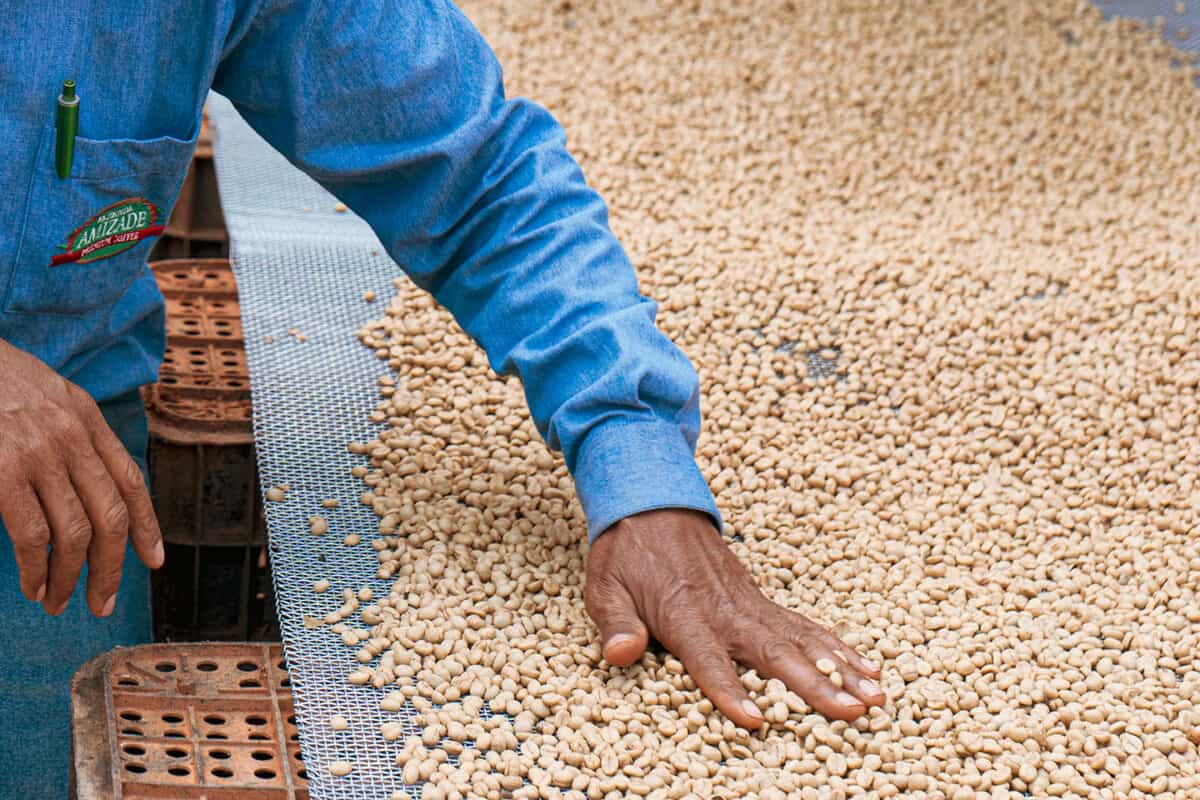
All things evolve and progress
Unlike annual crops that complete their life cycle within a year, such as tomatoes, lettuce, corn, or soybeans, coffee is perennial and slow to develop. Seedlings take 6 months to 2 years to grow, and once planted, need another 2.5 years to bear fruit. Reliable data requires a minimum of four harvests, so progress takes time.
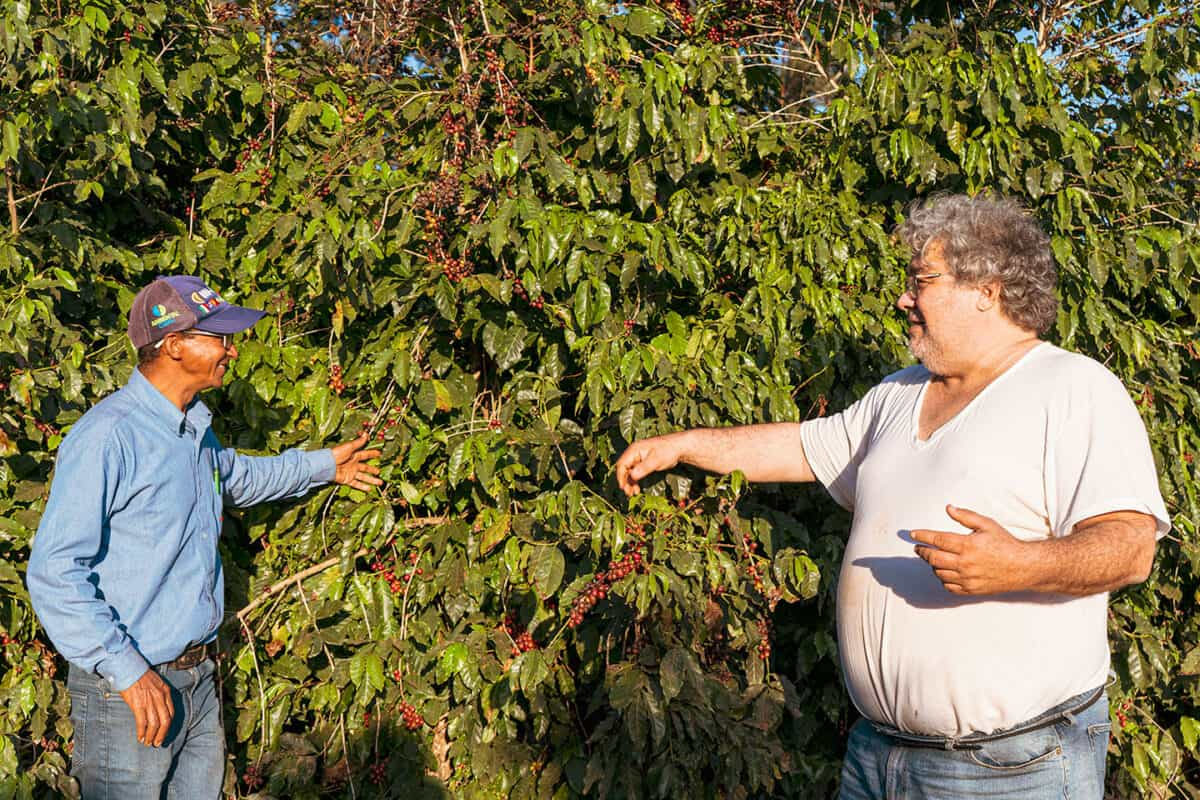
“That’s why you need deep affection for coffee, a passion for research, and real patience. It took me 5-6 years to develop a methodology and another 5 years to get it patented – 11 years total. And even with results, it’s meaningless if it doesn’t translate into better yields on the farm.
I’ve wanted to give up countless times. But somehow, every morning, I wake up thinking, ‘I have to keep going.’ I think that’s because this work has a purpose. I believe that if this research succeeds, it will benefit the coffee industry and Brazil as a whole. No one told me to do this, but I feel a sense of responsibility and duty to society.
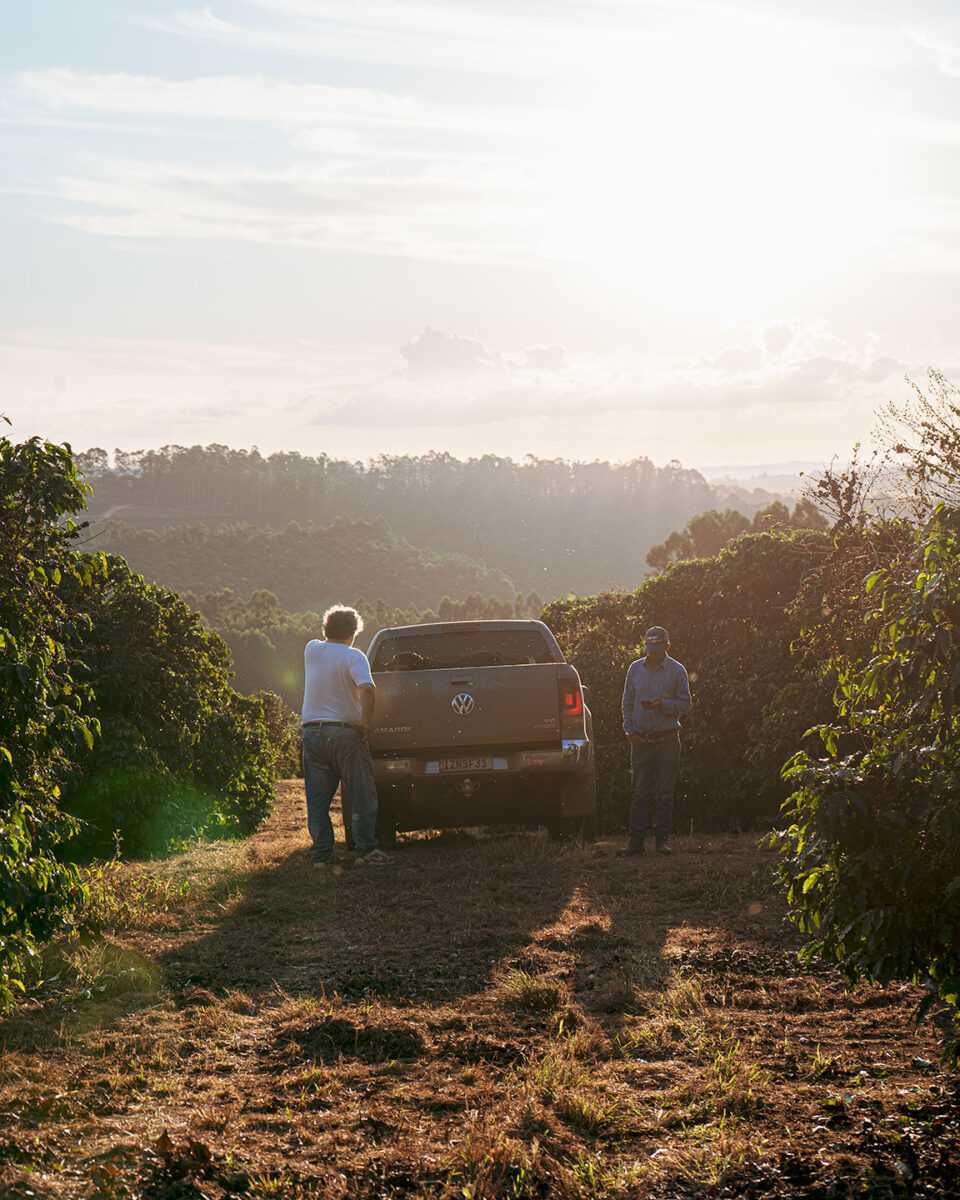
From the moment I wake up to the moment I fall asleep, I’m thinking about coffee. I’ve never once grown tired of it. I don’t have the bandwidth to think about other crops. Maybe in another life I’ll study something else. But in this one, it’s coffee all the way. And since there are still so many unresolved issues in this field, I wouldn’t be surprised if my work carries into the next life.
One thing I always remind myself is this: today must be better than yesterday, and tomorrow better than today. When we’re born, we know nothing – we can’t speak, eat, or walk. But through experience, we learn and grow. If we stop for a moment and look at the world around us, we’ll see that everything is evolving, always progressing.
Because there’s always room for improvement, I believe we can always make the world around us better. For me, trying to improve what we do each day feels completely natural. Research requires observation and introspection, both of which are essential to fostering growth and evolution. Through this process, I’ve naturally developed that mindset. Nature teaches us so much, if we take the time to listen.”








